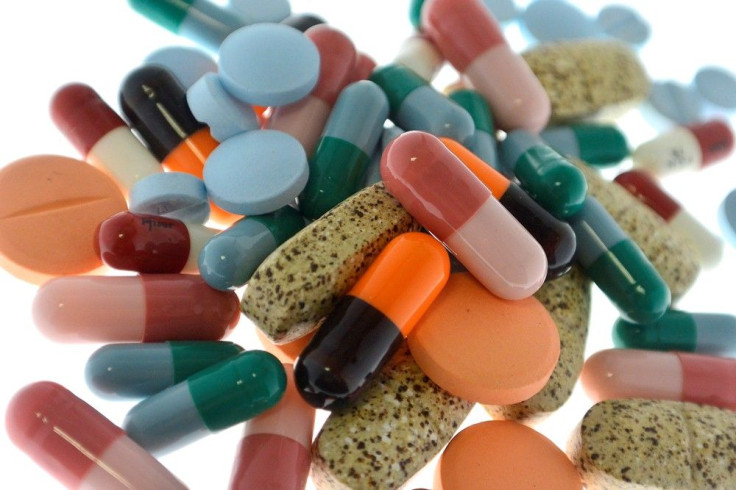Simple Paper Test Helps In Detecting Counterfeit Drugs

Counterfeit drugs are common in different parts of the world, and it is this problem that the paper test devised by researchers can handle, BBC reports. The paper test belongs to project known as the Paper Analytical Device, or PAD, used to screen different ingredients of drugs.
Mercy Maina, a pharmacist at the Moi Teaching and Research Hospital located in Eldoret, Kenya described the tool as a “mini lab on a piece of card”, as reported in BBC news. The card has 12 separate strips that react with drug ingredients, eventually producing a “coloured bar code” that serves as the information about the ingredients.
"It's simple, you apply the tablet on a specific area on the device, dip the card in water and wait for a colour reaction, then compare the results to a standard to interpret the results,” said Maina. The card has determined the quality of different antibiotics, tuberculosis and anti-malarial drugs. Results indicating that drugs are counterfeit will be reported to the Kenya Pharmacy and Poisons Board.
The PAD project was developed by the U.S.’ Notre Dame University professor Marya Lieberman four years ago. According to Liberman, the device can test out 36 different drugs as of the moment.
However, the simple paper test can’t test all counterfeit drugs because there are drugs that don’t have the right chemical groups to test for. Nonetheless, Lieberman believes in the test’s potential. She revealed test results can be shocking such as the presence of diluted paracetamol in some drugs and some drugs containing amoxicillin as a hidden ingredient.
According the report from BBC, it is unclear as to how far-reaching the problem of counterfeit drugs is, but experts have described it as a “global pandemic”, with developing countries, such as Kenya, being the most affected.
The Journal of Global Health reports that counterfeit drugs pose a significant threat to the health and well-being of people worldwide. These drugs may appear no different than the genuine formulations they replicate, but they usually have little therapeutic value. Furthermore, they can worsen a patient’s condition by providing a “false sense of security”.
To report problems or leave feedback on this article, email: wendylemeric@gmail.com.





















